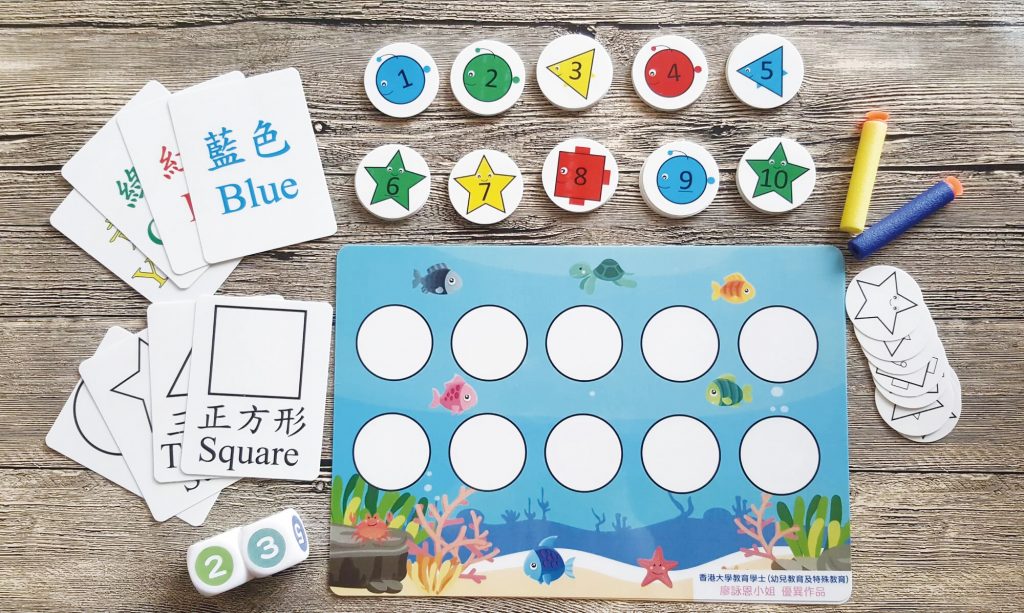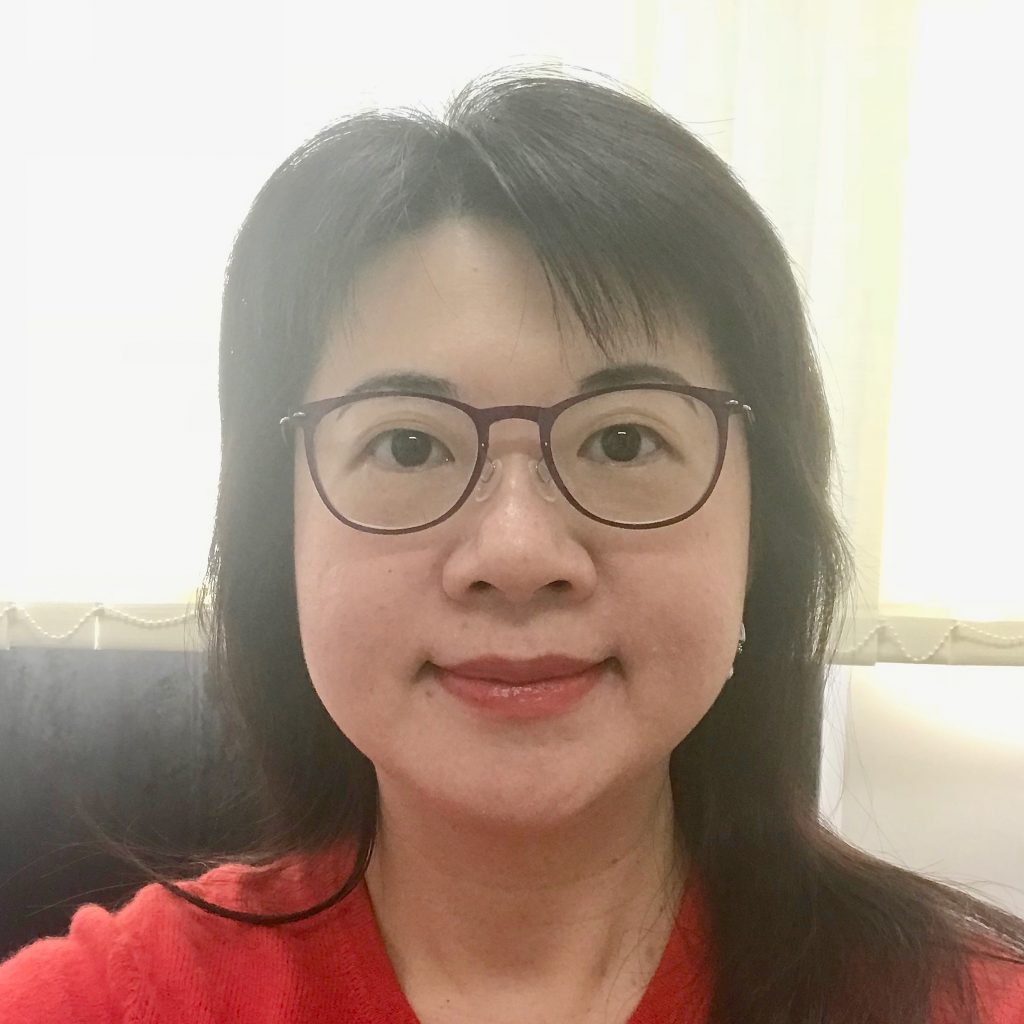November 2023 | Volume 25 No. 1
Educating for the Future
Listen to this article:
Children with special educational needs (SEN) need extra support throughout their school days. But typically, training for this support has not been offered where it could arguably do the most good – among early childhood educators.
Interventions usually work best if they start when children are very young. But until the Bachelor of Education in Early Childhood Education and Special Education was launched at HKU in 2019, such dual specialism was not offered in the city, despite a blatant need.
“There are growing numbers of children locally and internationally with SEN – the numbers are increasing. And in Hong Kong, many children with mild special needs are attending mainstream kindergartens and primary and secondary schools. Teachers are expected to know how to handle these children, but in fact many of them don’t and they find it difficult to manage a whole class of diverse needs when they are not trained for this,” said Programme Director, Dr Diana Lee Pui-ling.
“Early identification and intervention for children with SEN can benefit children during the critical years of development. Waiting until they are in primary or secondary school might be a bit late. So that is why we launched this programme.”
Keeping options open
The five-year programme requires students to undertake a variety of practicums. In their second year, they spend two weeks in a childcare centre for two-year-olds. In their fourth year, they spend six weeks in a special childcare centre with children who have moderate to severe physical and developmental needs. And in their fifth year, they have an eight-week placement in a kindergarten with an integrated programme where they work with typically developing children alongside those with mild to moderate needs.
“We place them in very different settings so that when they graduate into the workforce, they will know what to do in each place,” Dr Lee said.
This gives students options for their future and Dr Lee has been opening the curriculum even further to cater to students who may not want a traditional teaching career. A director from the Hong Kong Academy for Performing Arts has been brought in to teach art, music and puppetry, a class that has attracted students who are thinking of working in areas like music or drama. A product designer has taught students how to create professional teaching aids for children – two student designs were selected by the designer’s company for commercial production and Dr Lee said some students are now thinking of setting up their own start-ups in this field.
Dr Lee has also arranged opportunities for students to go overseas if they wish – so far experiences have been organised at the University of Cambridge and in Tanzania, Turkey and Romania – or take up summer internships, some of which are paid.

Students were exposed to designing teaching aids for children with cognitive, sensory and physical needs. This Happy Fishing teaching aid was one of the student designs selected for commercialisation.
Preparing for the real world
Students also must produce independent research projects in their final year, which is 2023–2024 for the first intake. Some of the topics they are investigating include the implementation of sex education in schools to help children and schools learn how to prevent child abuse, how to conduct research with children with special needs, and how non-Chinese speaking students learn Chinese and their parents’ views on this. “The students are not only trained as future educators and therapists for children, but as researchers,” Dr Lee said.
The programme admits only 18 students and competition is high – this year had 16 applications for each spot. Some are motivated by having family or friends with SEN, others by diversity itself – two male students have enrolled, saying they want to change the stereotype that early childhood education and SEN are the domains of women and to provide male role models for children.
Dr Lee continues to bring in more opportunities for students to grow. In January, final-year students will join an Interprofessional Education and Collaborative Practice programme organised by the Li Ka Shing Faculty of Medicine, alongside Medicine, Pharmacy, Nursing, Social Work, and Speech-Language Pathology students, to discuss cases of developmental delays in children. This collaboration mimics real-world situations.
She is also taking them to the Greater Bay Area, which has affiliated schools for Hong Kong and Macau students, to get students thinking about teaching opportunities in the region. She is trying to expand overseas teaching opportunities, too.
“The birth rate in Hong Kong is continuing to decline so I want to prepare students for a less-predictable future. There are so many different things they can do with this degree besides serving as classroom teachers in Hong Kong,” she said.
There are so many different things they can do with this degree besides serving as classroom teachers in Hong Kong.

DR DIANA LEE PUI-LING

